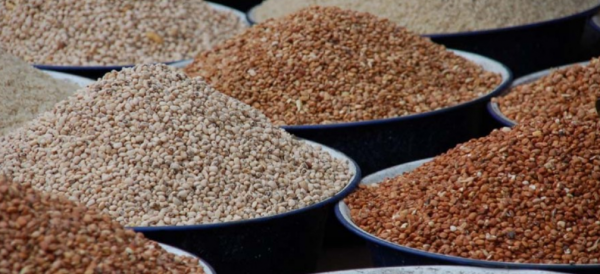The National Bureau of Statistics (NBS), on Tuesday, released the inflation report for February with the headline rate surging from 16.47 per cent in January to 17.33 per cent.
In the report, price increases were observed across all index components, with the rise in food prices being the major culprit. The increase in food inflation reflects the sustained supply-side pressures caused by shortages from the middle-belt and northern region of the country
Food inflation surged to a record high across the CPI components, printing at 21.8 per cent year-on-year for February 2021 compared to 20.6 per cent in January, exacerbating pressure on consumers already faced with a high unemployment rate and a stuttering economy with insecurity ravaging every corner of the country.
A look at the sub-components of food inflation shows that prices remain high across processed food up 21.81 per cent and farm produce up 21.69 per cent.
Advertisement
Checking the trend in the last two months of December and January shows the rate of increase for food inflation had decelerated before spiking again in February.
The re-ignited inflationary pressures in February may have rode on the back of the road blockage by the Amalgamated Union of Foodstuff and Cattle Dealers Association of Nigeria (AUFCDA) in the middle of the month.
Israel Odubola, an economist, identified factors driving food inflation to be lingering productivity issues in the agriculture sector which has led to underwhelming food output, increase in the cost of imported food items and raw agriculture inputs due to the FX scarcity, security challenges in the Northern part of the nation which continues to disrupt farming activities.
Advertisement
“Looking forward, we might see food inflation hitting 23% in April, May when planting season commences, and this would reflect in overall CPI. These issues are structural and are not something they can resolve in a year,” he said.
“Government needs to intensify efforts to reduce logistics challenges faced by farmers to reduce the cost of distributing food items.
Add a comment







